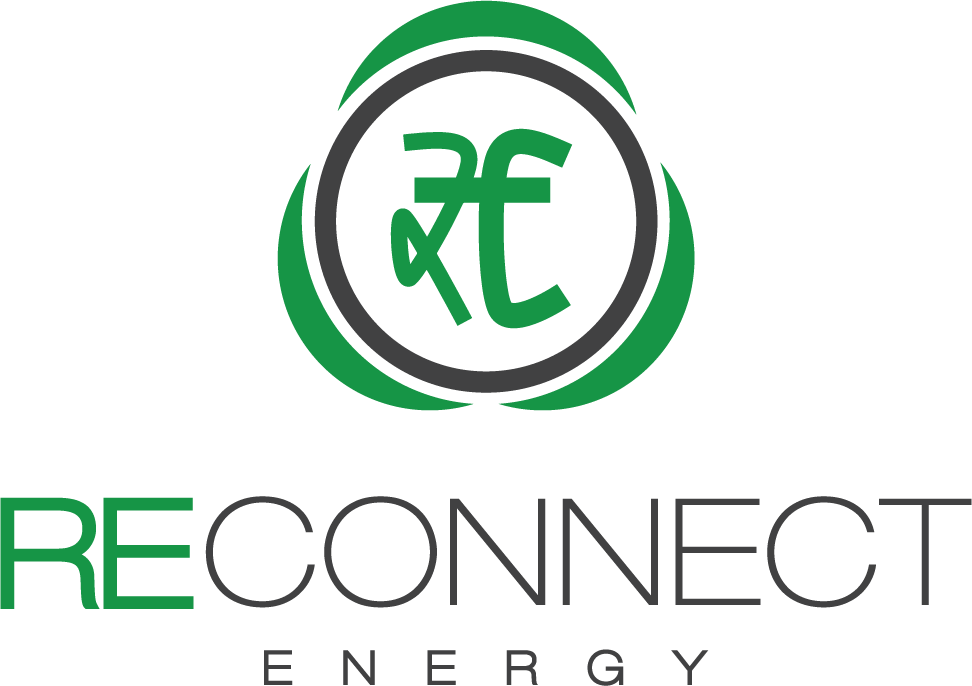CERC to determine Floor & Forbearance Price of RECs post 2012
Central Electricity Regulatory Commission (CERC) has come out with a suo-motu order on determining new Floor and Forbearance price for REC (Solar & Non-Solar) for the period post 2012. The draft copy of the order and a notice for the
Significant Jump in REC Trading Volume in May
Review of REC Trading – May 2011 After a slow start, REC Trading picked up this month. There was a significant increase in the volume – combined volumes on both exchanges was 18,500 RECs (representing 18.5 million units). This is
REC Trading Off to a Slow Start
Further to our analysis of REC trading in April, The Hindu recently covered the same, and so did Business Standard, which mentioned that the REC price declined by 61.5% in just the second trade. We agree with their comment of REC Trading needing a 'booster'. However, we believe that booster will come in the form of more frequent compliance requirement - clearly, if the obligated entity has time till March 2012 to meet the compliance requirement, why bother spending the money now?
Lessons to learn from REC Trade in April-2011
India witnessed first ever trade of REC in March 2011 where 424 Non-Solar RECs got traded collectively through Indian Energy Exchange (IEX) and Power Exchange India Limited (PXIL) at Market Clearing Price (MCP) of Rs. 3900/REC and Rs. 2225/REC respectively. Market got super excited seeing REC prices touching forbearance price at IEX. However, the market got little surprise as well as shock in the very next trade session that got executed in April-2011, in which buyers were hard to find at both the Power Exchanges (PXs). Based on its existing strong hold in the market, IEX managed to get 260 Non-Solar RECs from buy side whereas their counterpart – PXIL could not get a single bid from REC buyers! This came as a little surprise to us (REConnect) as well as the market. We were expecting that the market would see a strong dip in the price due to following factors:
- Most of the distribution companies & obligated entities might still be busy settling their financial accounts
India witnesses First Ever trade of REC
As every cricket fan in India would remember March 30, 2011 for a much hyped India-Pak Cricket World Cup semi-final, all the RE stakeholders in the country might remember the same date for some other reasons. This is the day, India witnessed the first ever trade of Renewable Energy Certificate (REC) at Power Exchange platform! We are very proud to announce that REConnect partnered this landmark event in Indian renewable energy history by executing FIRST EVER trade of REC in India at Indian Energy Exchange! A brief snapshot of the total REC trades executed is summarized below:
| Indian Energy Exchange | Power Exchange India Limited | Total | |
|---|---|---|---|
| Sell Volume (RECs) - Non Solar | 150 | 274 | 324 |
| Sell Volume (RECs) - Solar | 0 | 0 | 0 |
| Buy Volume (RECs) – Non Solar | 70377 | 324 | 70701 |
| Buy Volume (RECs) – Solar | 30001 | 3025 | 33026 |
| Market Clearing Price (Rs./REC) -Non Solar | 3900 | 2225 | 3062.5 (avg) |
| Market Clearing Price (Rs./REC) -Solar | 0 | 0 | 0 |
| Market Clearing Volume (RECs) - Non Solar | 150 | 274 | 424 |
| Market Clearing Volume (RECs) - Solar | 0 | 0 | 0 |
| Number of Portfolios Participated | 15 | 0 | 0 |
As expected, REC market stared with a supply constrained scenarioand buyers almost paid scarcity price in today’s trade. The same gets reflected from the available supply and demand for REC at both the Power Exchanges viz. Indian Energy Exchange (IEX) and Power Exchange India Limited (PXIL).
Following is the highlight of the REC trades that got executed at IEX and PXIL.
- This can be very well explained by Demand to Supply ratio of Non-Solar RECs at IEX and PXIL.
- Demand to Supply ratio at IEX stood at staggering 469 against just 1.18 at PXIL.
- Very high demand base at IEX and highly constrained supply resulted into high price of non-solar RECs at IEX.
- Low demand base and almost similar number of RECs available for sale at PXIL resulted into a ’moderate’ level of prices at IEX.
Renewable Energy Certificates-An Introduction
As part of the National Mission on Climate Change, a policy to implement Renewable Purchase Obligation (RPO) is being put in place by the Central Electricity Regulatory Commission. The new policy will require Electricity Distributors, large Captive Consumers and large Open Access Consumers to purchase a certain percentage of their total electricity needs from renewable sources. Renewable Energy Certificates: Similar to Carbon Credits Similar to the Carbon Credit Market, a market for meeting the RPO requirements is in the process of being set up in India. Just like at the international level, companies that do not meet their emission reduction targets can purchase Carbon Credits from the market, similarly, Electricity Distributors in India that do not buy the percentage of renewable energy required by law, will have the option to fulfil their obligation by purchase of Renewable Energy Certificates (REC). RECs will be traded at power exchanges in India. Additional Source of Revenue For renewable energy producers – wind farms owners, biomass power plants, small hydro projects, etc, RECs present a very valuable

